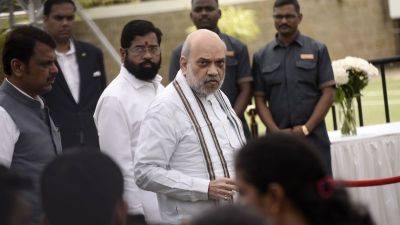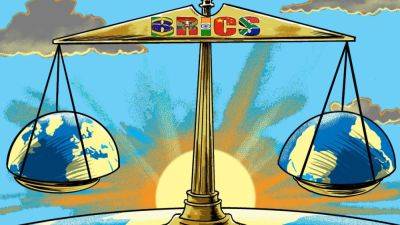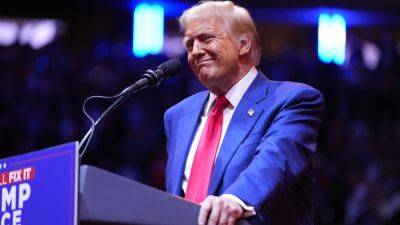BRICS+ wants new world order sans shared values or identity
The last two summits of BRICS countries have raised questions about the coalition’s identity and purpose. This began to come into focus at the summit hosted by South Africa in 2023, and more acutely at the recent 2024 summit in Kazan, Russia.
At both events the alliance undertook to expand its membership. In 2023, the first five Brics members – Brazil, Russia, India, China and South Africa – invited Iran, Egypt, Ethiopia, Saudi Arabia and the United Arab Emirates to join.
All bar Saudi Arabia have now done so. The 2024 summit pledged to admit 13 more, perhaps as associates or “partner countries.”
On paper, the nine-member BRICS+ strikes a powerful pose. It has a combined population of about 3.5 billion, or 45% of the world’s people. Combined, its economies are worth more than US$28.5 trillion – about 28% of the global economy. With Iran, Saudi Arabia and the UAE as members, BRICS+ produces about 44% of the world’s crude oil.
Based on my research and policy advice to African foreign policy decision-makers, I would argue that there are three possible interpretations of the purpose of BRICS+.
- A club of self-interested members – a kind of Global South cooperative. What I’d label as a self-help organization.
- A reforming bloc with a more ambitious goal of improving the workings of the current global order.
- A disrupter, preparing to replace the Western-dominated liberal world order.
Analyzing the commitments that were made at the meeting in Russia, I would argue that BRICS+ sees itself more as a self-interested reformer. It represents the thinking among Global South leaders about the nature of the global order and the possibilities of shaping a new order.
This, as the world moves away from the financially dominant, yet







